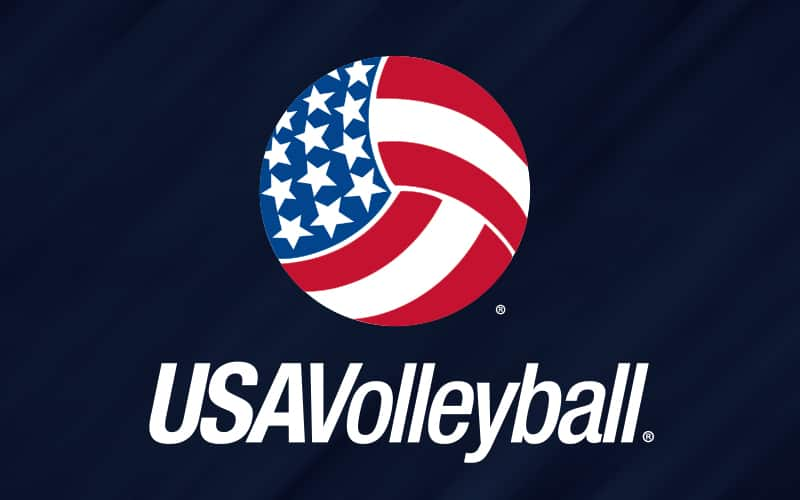
This past season I experienced being a player’s last coach. So your IMPACT class comes to mind and your initial thought is, “You should strive to never be a player’s last coach.” The troubling thing is that I almost did not get to be the last coach for these players.
I may have seemed happy to be the last coach these players had in volleyball and I was! They were a 17’s team, some of them going to college, but not playing volleyball. Some of the seniors were not going to play as junior club volleyball players again. Many of these players, if not all, had ability and potential to play in college at some level. I had more than a few college coaches ask me where this player or that player were going to college or what high school they went to. This supports the many times I have had college coaches tell me that if a club player or high school players wanted to play in college there was probably a place for them.
So you’re thinking, “Go! Go to college and play! I thought the same thing, but the unfortunate part of this story is that they were done! We won two tournaments and finished no lower than fourth in any of the other tournaments we played in. Not shabby for a one-practice-a-week team, but the trick was bringing out the competitiveness and love for the sport. It was easy for the players to remember past experiences and forget how much they liked volleyball. Even after a great season they were still done playing at the competitive level, but why?
Coaching! Coaching was why they did not continue to play at higher levels, even though they were completely capable of doing so. The only reason they played this year was the love of the game and their friends. The head coach and I coached at a major club, however this team was assembled as a team of friends that was independent from any large clubs. This team was a challenge, unlike the club teams we currently coach. They were there because of the game, not necessarily to get better. Drills? Out the window. We had to stick with “grills” and games. Grills being “game-like drills,” as John Kessel refers to them in many of his blogs and articles.
I finally asked them why they wouldn’t play anymore and the overwhelming response…..”I hated my coaches.” I heard stories of belittling, name calling, yelling and much more. It is sad to think we have all seen a coach on the sidelines that is on the border of receiving a yellow card because of the way they are treating their players. It is important to be passionate and intense in this game, but that is a far cry from being a gunnery sergeant.
The head coach of this team, we’ll call him John “Hustle,” probably embodies the intensity and passion for the game that is needed, but at the same time the players knew that it was not anger and frustration. Is this why they came back for one last season? I have to truly believe that the answer to this question is YES!
So John “Hustle” had what it took to bring the players back to the gym, but did I? He knew them already, but I had to gain their respect, especially since this was not a normal club team. As cliché as it may have been, I had to use the “players don’t care how much you know, until they know how much you care” thought process more than I ever had with a team. With that thought process working along with the “never be a player’s last coach,” I felt as if I was successful. I received emails from parents at the end of the season thanking us for our coaching and exclaiming that if their athletes had coaches similar to us, they might still be playing at higher levels. I wish that we could prove that was true, but it was great to hear this when “never being a player’s last coach” is part of your mantra.
Some coaches may have an innate talent that allows them to coach with passion and intensity, but there are also many tools we have to help be better coaches. USA Volleyball gives us CAP courses that enhance and strengthen our coaching abilities and knowledge. One of my favorite tools is the Sidelines newsletter, with all kinds of coaching information as well as the Responsible Sports “Weekly Coach Tip” email.
As coaches we can become better, just like we ask our players to become better, and that is by striving to be better than we were yesterday.
Who knows, maybe we will get a chance to be “The Last Coaches” for some of the players that can play again next year. I hope we do get a chance to be their last coach, as I would love nothing more. There was a quote from the June 26 Sidelines newsletter from USA Volleyball that embodies this entire article:
“A coach is someone who can give correction without causing resentment.” -John Wooden

